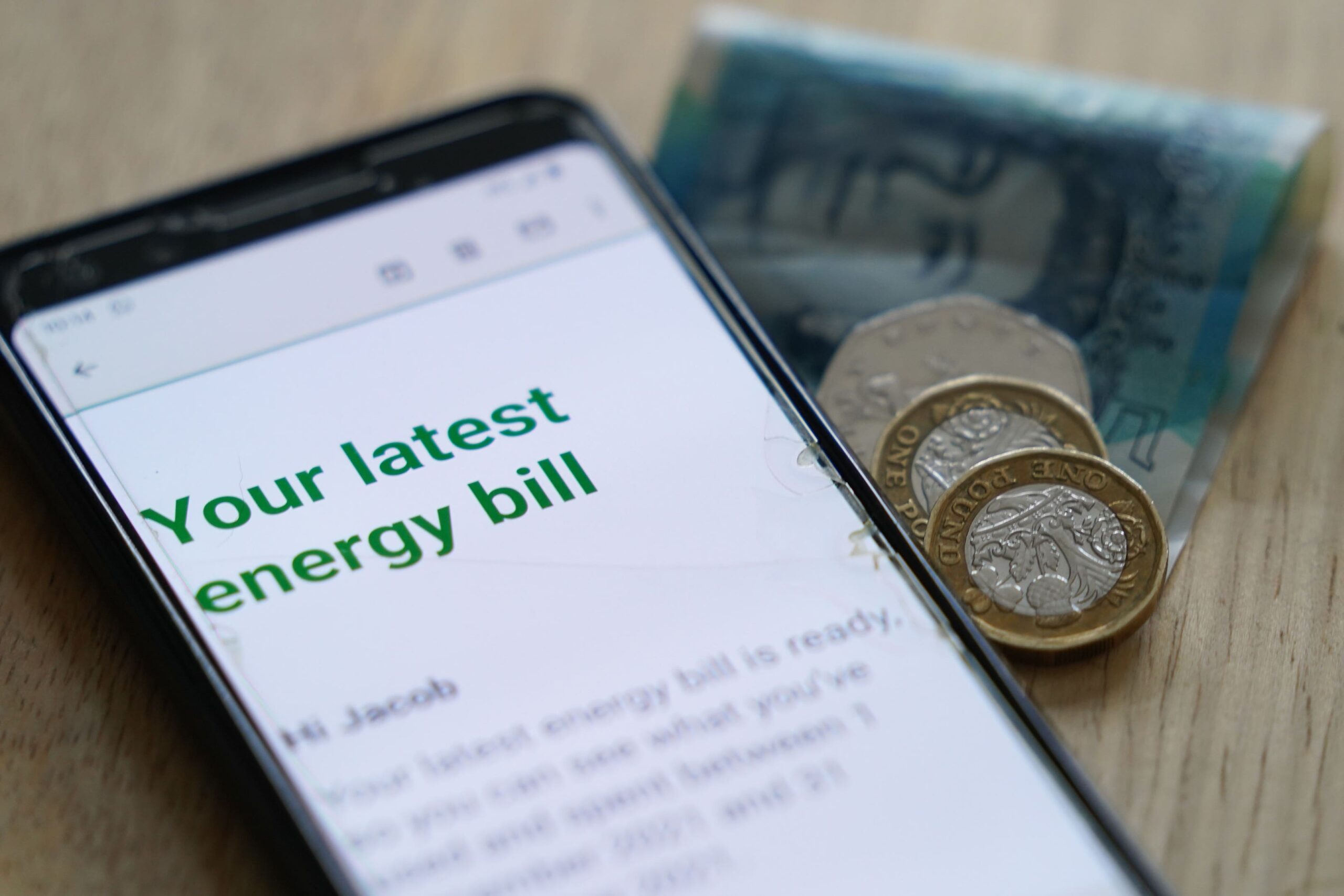As much as £500 million of energy debt is set to be paid off as millions of UK households face an additional £5 charge on their bills, the energy regulator has said.
This move aims to help suppliers recover significant sums accumulated during the ongoing energy crisis that have gone uncollected.
Ofgem, the industry watchdog, announced its intention to “reset and reform” the UK’s growing pile of energy debt. The regulator anticipates writing off up to £500 million of historic debt, a measure that could potentially assist around 195,000 individuals struggling with arrears.
While this new levy is introduced, Ofgem suggested the proposed £5 rise could be lower, depending on the scheme’s uptake. It also expects the impact to be partially offset by new measures aimed at reducing customer contributions towards debt-related costs, such as collection fees.
Currently, a £52 annual charge is already incorporated into household energy bills under the existing price cap to cover unrecoverable debts.

A final consultation on the initial phase of this debt relief scheme is expected to be released shortly.
Figures published by Ofgem last month showed that the money owed to suppliers by households in England, Scotland and Wales surged to a new record high of £4.4 billion by the end of June.
The average debt for people who do not have a repayment plan with their provider currently stands at about £1,716 per household.
Ofgem said that in a worst-case scenario, between £1.1bn and £1.7bn of historic debt, according to supplier estimates, is never paid and will be written off.
It comes only a day after MPs called on the regulator to pay down some of the energy debt bill through windfall taxes on suppliers.
However, the cost of unpaid debts will continue to be covered by being reclaimed across all households’ bills.
Ofgem said it is pushing forward with proposals to bring the debt down and reform how these debts are managed in order to prevent it growing as high in future and, therefore, reducing the cost to all households.

Other proposals by Ofgem include plans to trial changes to the process households must follow when they move into a new property.
Charlotte Friel, director for retail pricing and systems at Ofgem, said: “We know the growing amount of debt in the energy system is a significant challenge.
“We must protect consumers by striking the right balance between making sure those that can pay are supported to do so, and targeting support at those who need it most.
“These proposals will both directly reach households and relieve the burden of unmanageable debt, while also making changes to the way that debt is managed in the sector.”
The first phase of the scheme, set to launch early next year, will focus on people in receipt of means-tested benefits with more than £100 of debt built up during the energy crisis.
It added that eligible households will be expected to make some contribution towards debts and current energy use, or work with debt advice charities if unable to make payments.
